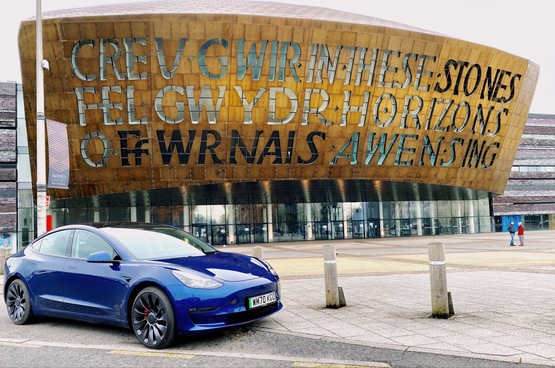Semiconductor shortages, the transition to electric vehicles (EV) and “the true impact of Brexit” are among new car retail disruptions that are set to fuel a strong used car market in to 2022, says Cox Automotive.
Insight and strategy director Philip Nothard said the sector has yet to feel the full impact of new car retail headwinds, which will increasingly include import tariffs on imported cars and an ever-more concerted push to sell EVs.
Nothard was sharing his views of the road ahead for franchised retailers after the Society of Motor Manufacturers and Traders (SMMT) reported that June’s 186,128 registrations were down 16.4% on the month’s 10-year average.
“We’re all very aware of the challenges caused by semiconductor shortages. However, there are even more significant challenges facing the new vehicle market which are likely to contribute to further market decline. For instance, the true impact of Brexit is yet to be felt,” said Nothard.
“The automotive industry within the UK and globally is having to change and rethink distribution strategies. This can lead to a delay in the movement of goods into the UK.
“In addition, there are pending issues facing manufacturers because there will be new vehicle tariffs applied to new cars coming into the country when production does catch up.
“There’s also the planning or adaption of agency model strategies by vehicle manufacturers in the sales process of new cars. The pandemic has given manufacturers and dealers time to reflect on how they sell cars and the increasing ways that it can take place.”
In a PLC outlook report this morning, Zeus Capital said that it expects “modest profit recovery across the board” from the car retail sector in 2021.
“For 2021 we expect the H1:H2 split of profits to be greater than the typical 70:30 level,” it said.
“In recent trading updates dealers have guided that H1 profits will be very strong, but we think H2 will be down year-on-year due to supply constraints and lack of Government support.
“In addition to new car supply risks, there is a risk that the exceptionally strong used car market could cool from here. Another concern on our radar is labour shortages and difficulty in recruiting staff, which could lead to competitive wage inflation.
“General cost inflation, higher costs due to increased activity, and higher interest rates further down the line could also provide earnings headwinds to dealers.”
In his market outlook, Nothard suggested that manufacturers’ electrification strategies would have a profound impact on registrations in the second half of 2021.
 The latest SMMT figures showed June’s best-selling new car was the Tesla Model 3.
The latest SMMT figures showed June’s best-selling new car was the Tesla Model 3.
“Manufacturers will be conscious of the imminent introduction of fines for those who breach Corporate Average Fuel Economy (CAFE) regulations – which will push traditional OEMs towards the EV market.
“In addition, we’re likely to see more EVs topping the vehicle registrations list in future, as many OEMs use raw material shortages to accelerate the transition away from ICE (internal combustion engine) to EV.
“This disruption is likely to keep the used vehicle market continuing its upward trajectory in terms of vehicle prices and demand. The bottom line is that although both the retailers and OEMs face supply challenges, they will remain focused on annual market shares in each global market and position against their peers.
“It’s a great time to be selling a used car as they will fetch higher prices, but not so much to buy one. Also, it’s also not great news for dealers operating within the current or expanding ULEZ areas in London. Trying to sell a non-compliant petrol or diesel car within this area will be more difficult.”
